
Father’s genes affect their offspring’s future success
The early life environment of male bank voles can influence their offspring significantly. Both social stress and nutrient supply have an effect on the chances of survival for two generations.
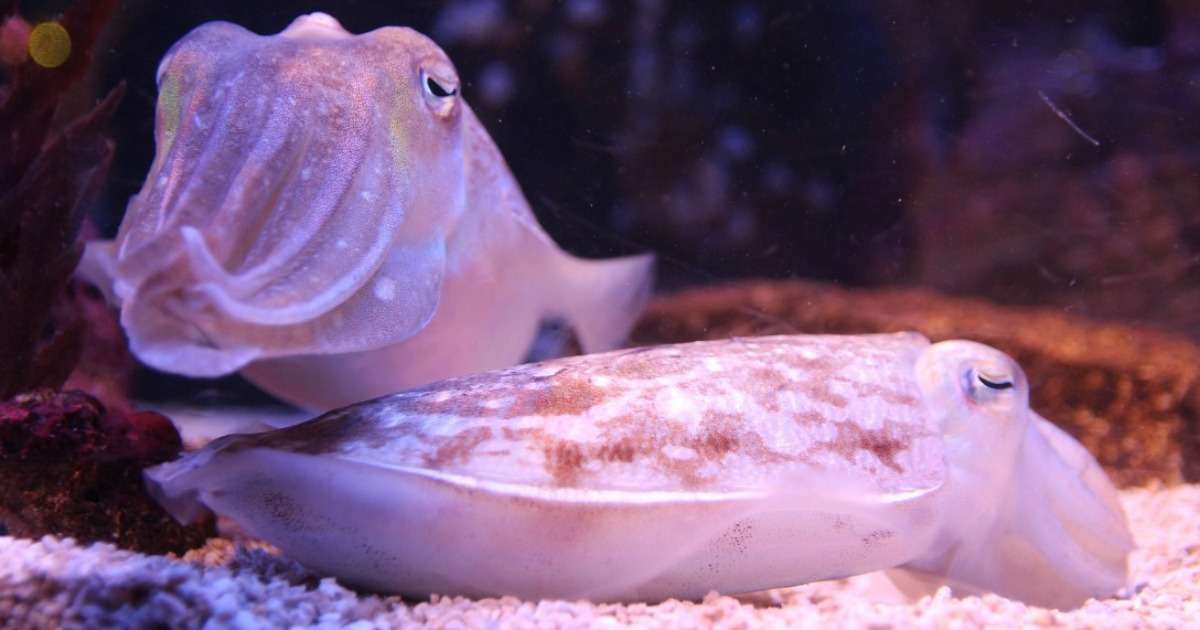
How to unravel the long-term memory of cuttlefish: automated video tracking
Did you know that cuttlefish have three hearts, have such an advanced vision that they can see what’s behind them, and can count to five?

Learning how to use software for video tracking in animals
A couple of months ago, we had the pleasure to visit the University of Groningen to record a customer success story.

CFI Exceptional Opportunities Fund – COVID-19
The Canada Foundation for Innovation (CFI) has issued an Exceptional Opportunities Fund (EOF) in the fight against the coronavirus SARS-CoV-2, known as COVID-19.
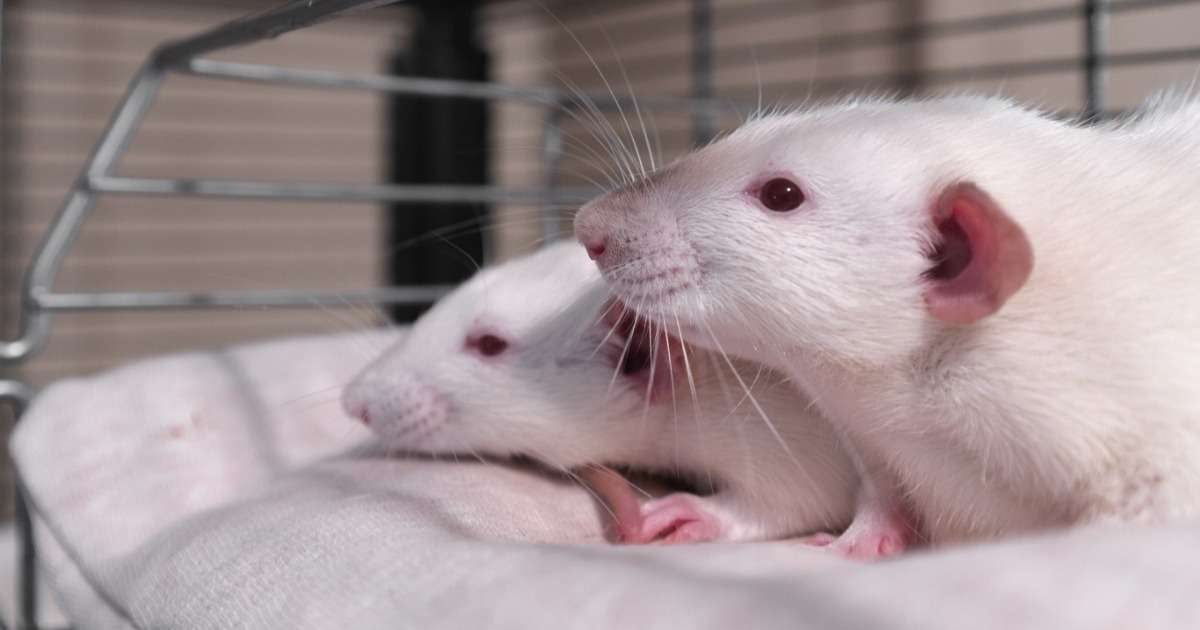
Taking opioids during pregnancy: short- and long-term consequences in rats
Women worldwide are suffering from opioid addiction. Many receive so-called opioid-maintenance therapy using bup, but consequences for both mother and baby are largely unknown.
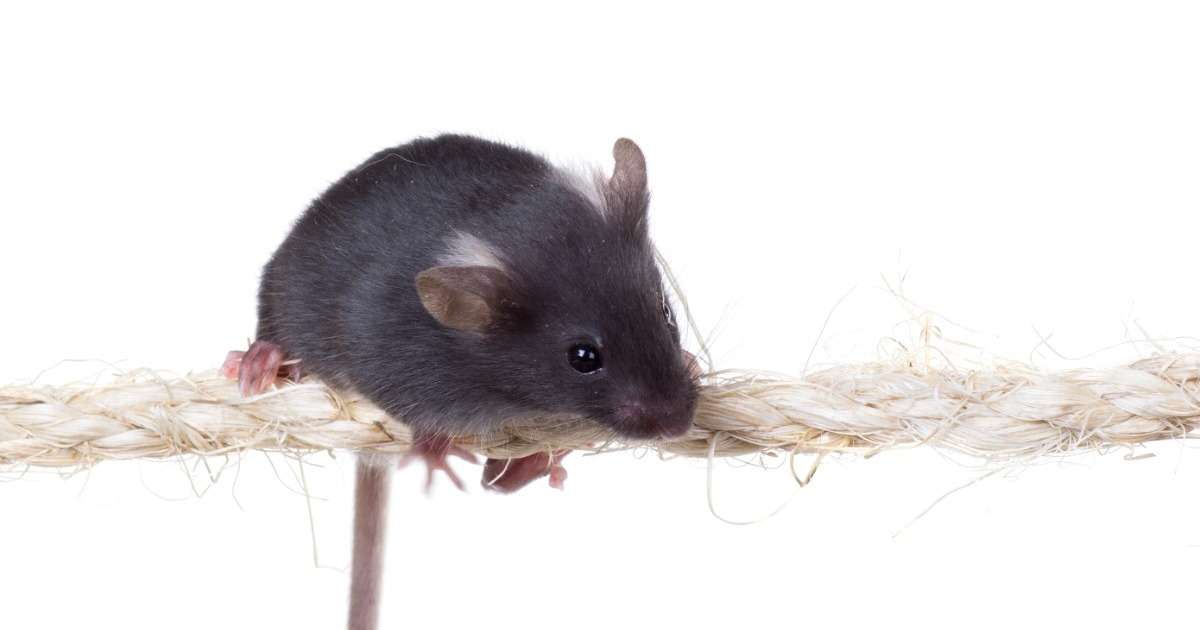
Homology and analogy in behavioral neuroscience
The point of this blog is to encourage you, as researchers, to ‘double think’, which is to say think like a scientist and think like an animal.

Noldus Grant Assistance Program launched in North America
Grant funding is the lifeblood of academic research. Is successful funding the best path to securing future funding?

Let the software work for you!
Why do more work than you have to? Especially now, do you really want to be stuck inside on a beautiful day scouring over your behavior tracking data to make sure there aren’t any missing samples or tracking jumps?
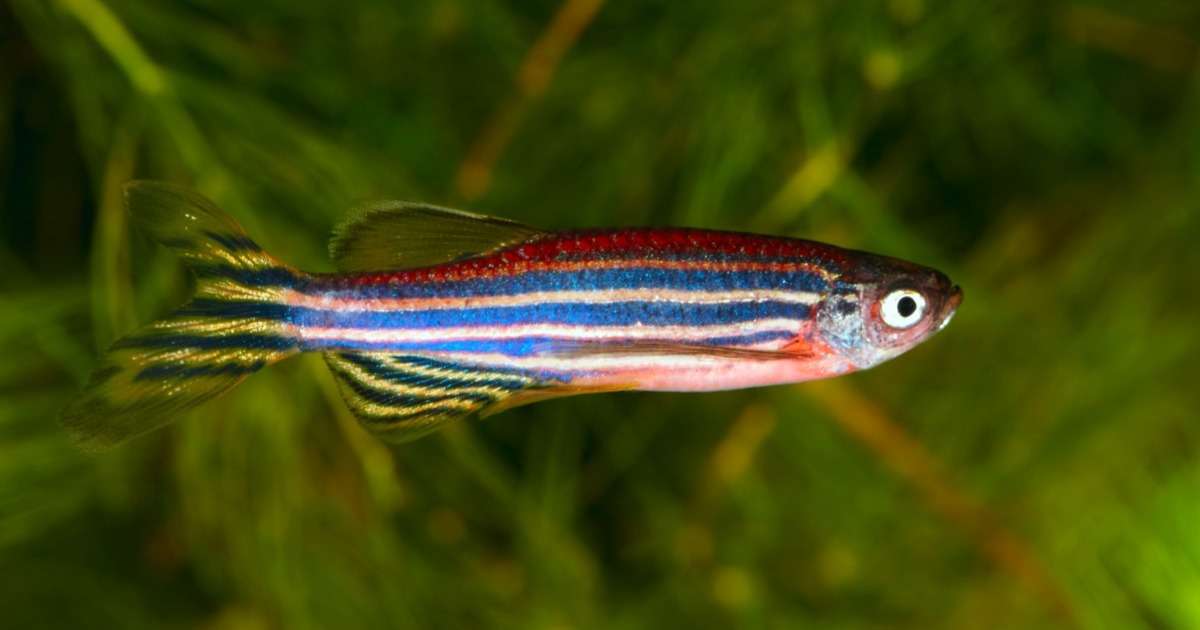
Toxicometabolism and behavior of zebrafish exposed to cannabinol
THC and CBD are well-know compounds of cannabis (Cannabis sativa), use for recreational purposes or health benefits. We have less knowledge of the effects of another active compound: CBN.
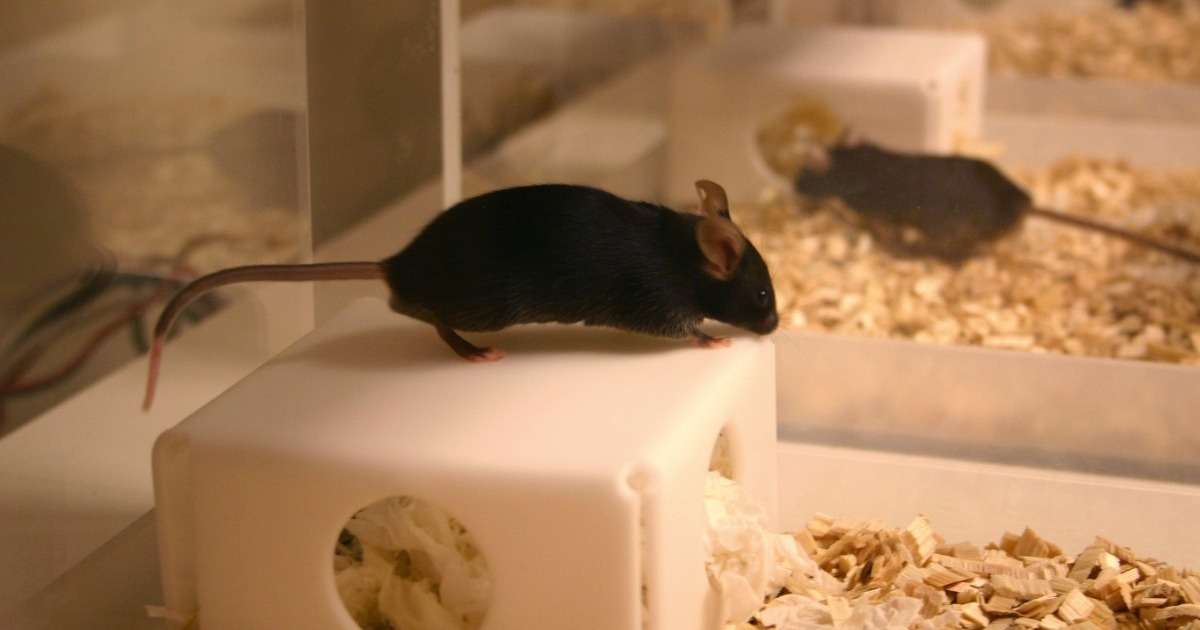
Non-invasive home cage testing of epilepsy in mice
Epilepsy is more than seizures; behavioral changes that occur in between seizures are rarely assessed. A new home cage study from the Baylor College of Medicine aims to change this.
